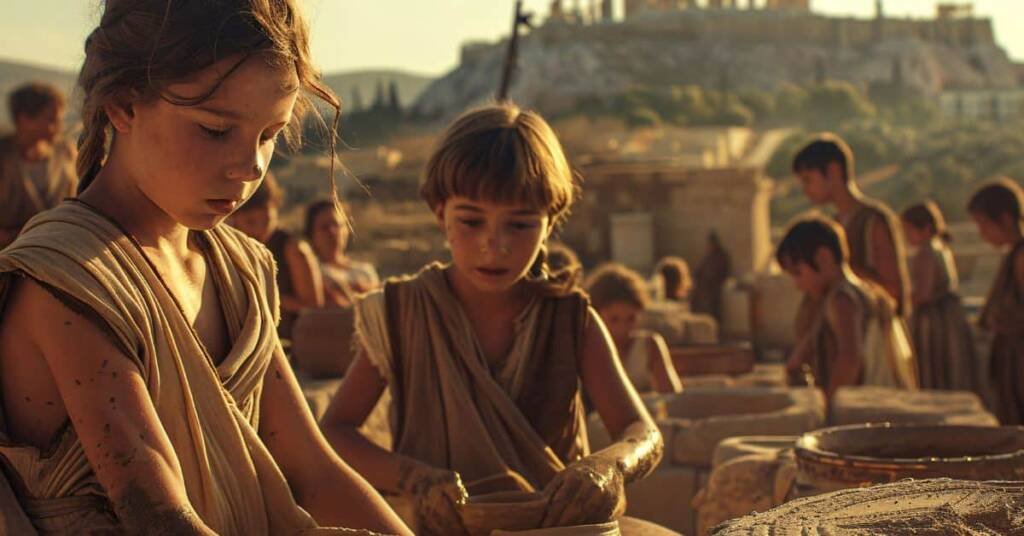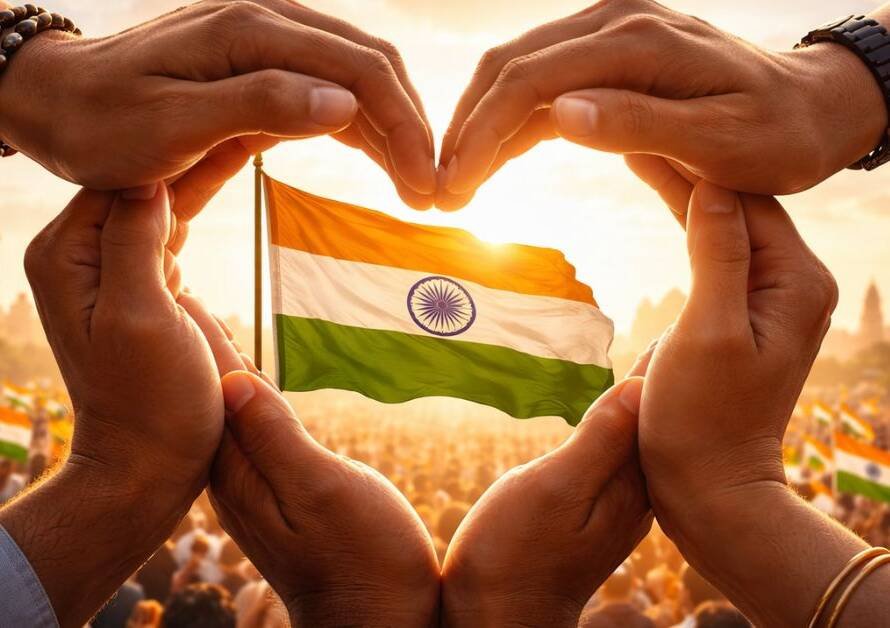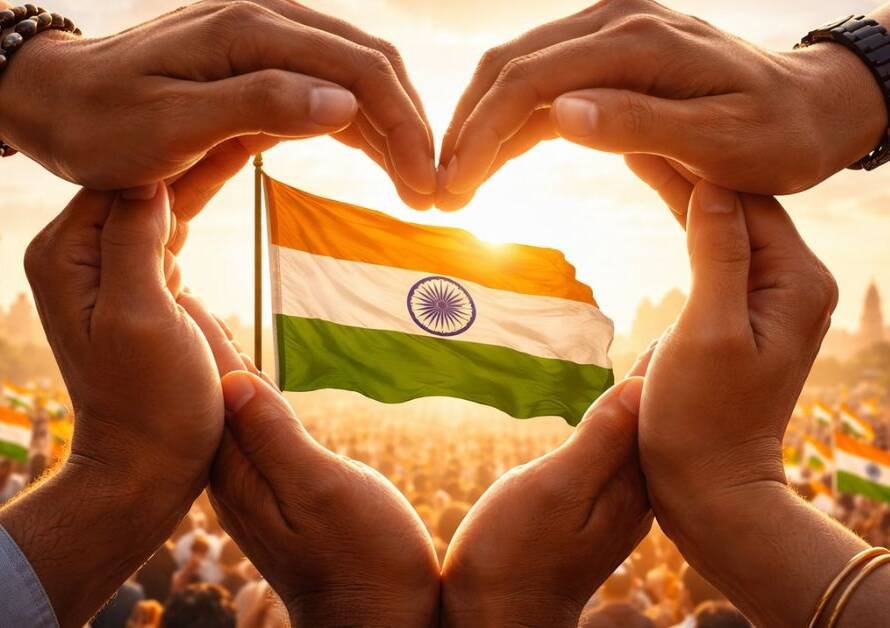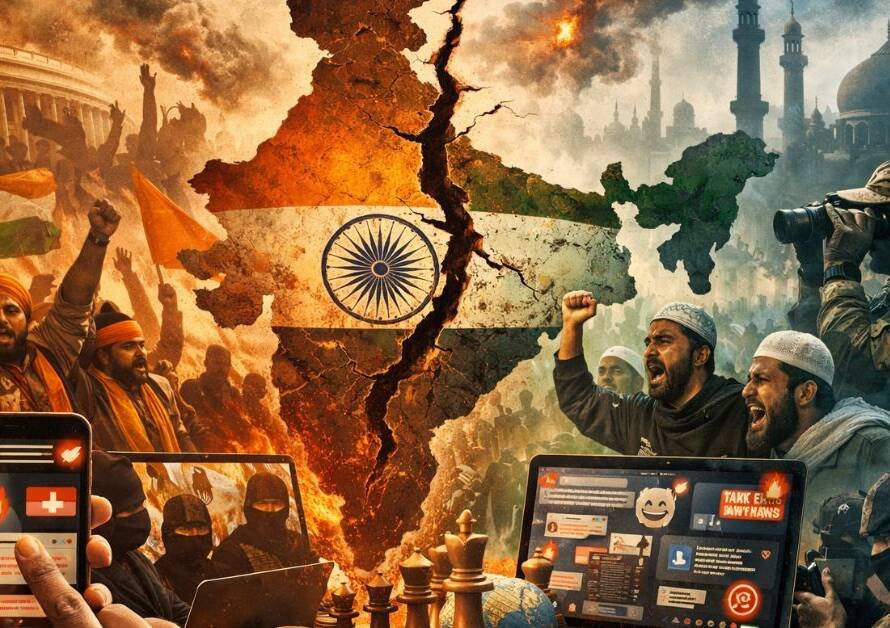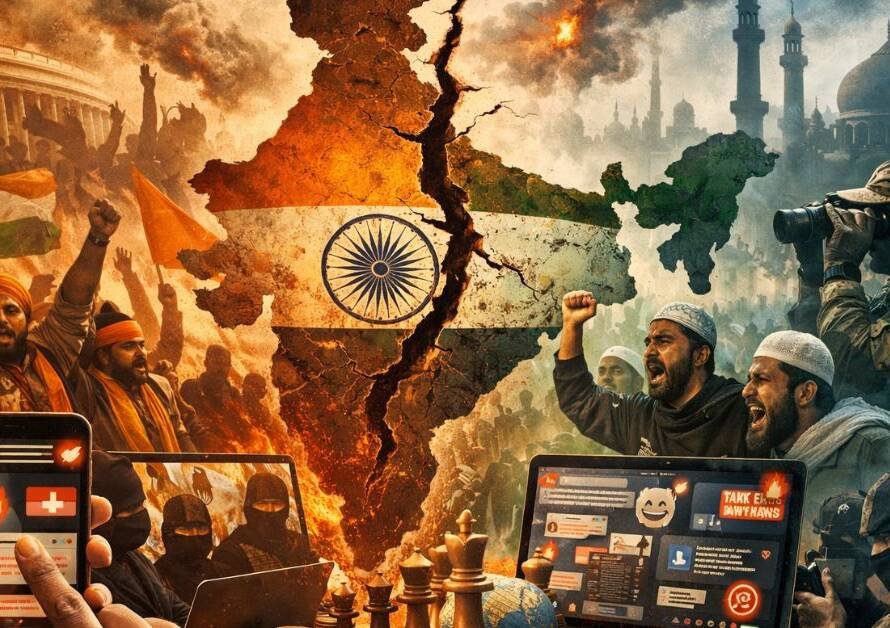Sometimes, one wonders how courageous and intelligent the British after 1500 AD must have been to leave their cold homeland, venture into unknown territories, and establish their dominance over unfamiliar lands.
Their numbers and resources were negligible compared to a vast nation like India. Yet, they not only enslaved us but also built their prosperity and empire using our resources.
Small Numbers, Great Dominance
Britain’s population and area are comparable to Gujarat.
Yet, they ruled not for decades but for centuries over half the world.
In India, where millions lived, just a few thousand Britishers enslaved us, plundered, and oppressed us.
Was this sheer courage on their part, or our weakness?
Even with such small numbers, the British maintained their authority over our vast nation.
In most districts, there were no more than 50 Britishers.
Yet, they controlled millions of Indians with their governance and oppression.
Our Own Failures
History shows that the British even used our own people to commit atrocities on us.
We joined their armies and oppressed our own brothers.
Visionaries like Chandrashekhar Azad and Ram Prasad Bismil were looked down upon by our own society.
Today, the same cowardly society hides its past failures behind the names of these few brave individuals.
Arab Invaders and Our Ineffectiveness
Our story of enslavement wasn’t limited to the British alone.
The Arab invaders, too, ransacked our culture and pride.
They destroyed temples, committed atrocities, and we failed to put up organized resistance.
Instead, we resorted to defensive social measures:
Married daughters off at a young age to protect them.
Began killing daughters at birth out of fear.
Struggles and Lessons
We never introspected on our failures.
During Muslim invasions, our society was stuck in the mentality of “Ko Nrup Ho, Hamen Kya Hani” (Let any ruler come, what does it matter to us?).
Protecting the nation was left solely to the Kshatriyas.
As a result:
Except for regions like Rajasthan, where the Kshatriya population was significant, most of India fell to invaders.
Only a few other regions succeeded in resisting.
Learning from Israel
Today, Israel, despite being surrounded by enemies, remains secure because:
Every citizen is committed to the protection of their nation and religion.
In times of war, everyone is ready to fight.
In contrast, we always left the responsibility of defense and war to just one class.
Our Inaction Against the British
An example from a speech by Atal Bihari Vajpayee illustrates this:
After winning a battle, 1,000 British soldiers held a victory parade.
20,000 Indians stood on either side of the road, merely watching.
If these 20,000 people had even attacked with sticks and stones, the British would have fled.
But instead, these 20,000 people remained mute spectators.
Our Current Situation
Today, in place of the British and Mughals, new traitorous forces have emerged.
Leftists and secularists are working to undermine India’s core religion and culture.
A particular dynasty has monopolized power.
The tragedy is:
Even now, we remain divided.
Even with a population of 1 billion, we remain mute spectators.
Our Misfortune and the Path Ahead
Until society unites as a whole, the misfortunes of the nation will not end.
If, a thousand years ago, the entire society had fought like Kshatriyas, we would never have been enslaved.
Categorization is necessary in normal times, but in times of crisis, policies must adapt.
Learning from History
We must abandon our tendency to become mere spectators.
Every citizen must take responsibility for the protection of their nation and religion.
Without unity and awareness, we will continue to repeat the misfortunes of history.
Jai Shri Ram!
Complete awareness is the only key to India’s future.

